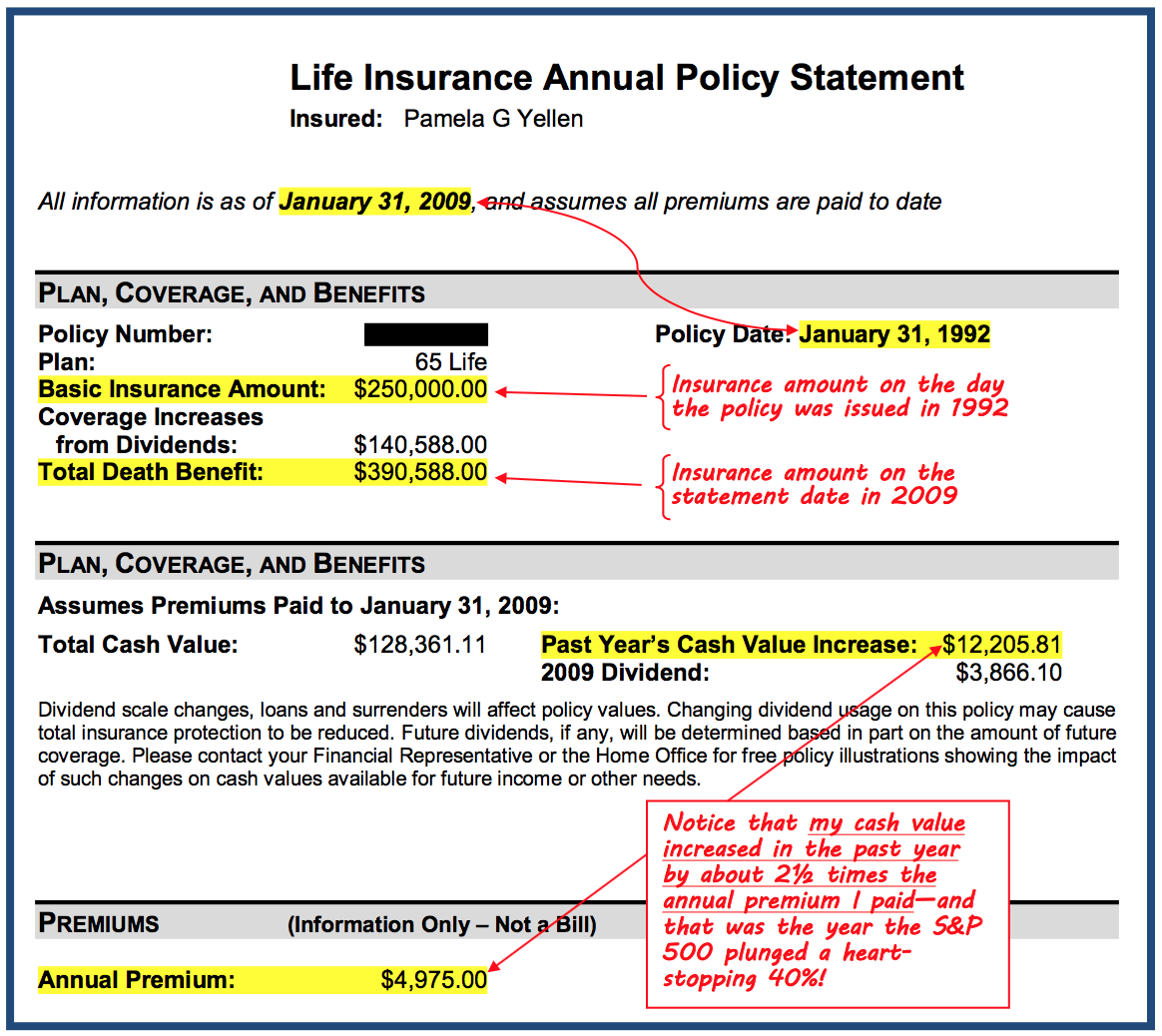Bill Williams is an enthusiastic believer in the Bank On Yourself concept because of how it has helped his family financially. He wrote to me several years ago, and I included his letter on page 228 of my 2014 New York Times best-selling book, The Bank On Yourself Revolution:
Thanks for all the good things you are doing, Pamela. I am working with my Bank On Yourself Professional to set up my third policy, and I am so appreciative of her guidance and expertise. She has been tremendously supportive.
The real “snake oil” is all of the purported advice about savings and investing we have been fed by the “experts” in the past. I get so upset by the advice to invest with before-tax dollars into 401(k)s or 403(b)s.
I’m over sixty years old and know when I turn 70½, I’m going to have to take required withdrawals from my plans and have the added burden of paying taxes on them. After all, the IRS wants to get its hands on the taxes they let me avoid paying all those years.
I wish not only that I had learned about Bank On Yourself earlier, but that the concept could be taught to the masses when they are young enough to get the maximum benefit from it.
Here’s why I say that: I think of all of the purchases I’ve made through the years where Bank On Yourself would have been a much better means to fund them. As an example, my son’s college expenses, which I paid every cent by selling stock and mutual funds and taking a loan from a 401(k).
Needless to say, my son received a great education (to his credit), but dear old dad has nothing to show for it. I had to put money into the stocks, 401(k), and mutual fund, so I had the resources—which could have been so much more powerful in a Bank On Yourself policy! It’s as simple as that. If I had done that, I would now still have the policies, which would have even more value.
I am depleting an IRA to fund my third policy and to help fund my first two Bank On Yourself-type policies. I just hope I live long enough to enjoy all the benefits.
Bill Williams writes again, about Bank On Yourself, tax-free retirement, and dividend-paying whole life insurance
[Read more…] “Bill Williams’ AHA Moment: How Bank On Yourself Changed His Finances”


